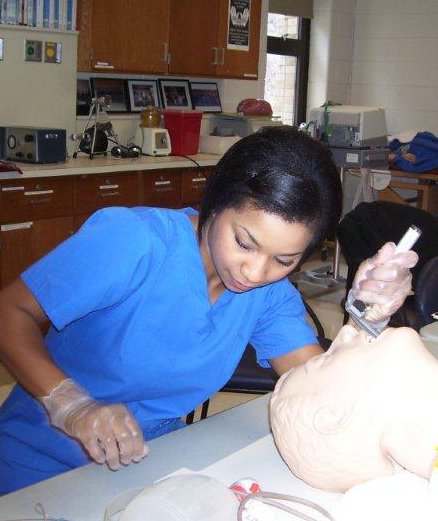
Our Profession
American Association for Respiratory Care
Keeping hearts beating and people breathing.
Imagine: it could be 7:30 a.m. and you ve already brought a newborn back to life. But first you would need to study respiratory care, where jobs are growing faster than the national average and median annual income was $65,000 in 2025.
What do respiratory therapists do? 
Provide effective treatment of respiratory and cardiac disorders, including using life-support equipment and intervening in emergencies and traumas. They also perform cardiopulmonary testing, evaluate patients, and plan care.
What will I study?
Supporting sciences, math, communications, and specialized courses in cardiac and respiratory care. We combine classroom, laboratory and clinical experiences throughout the program.
Where could I work?
In hospitals, intensive care units, emergency rooms, newborn and pediatric units, patient s homes, sleep laboratories, skilled nursing facilities, pulmonary rehabilitation programs, doctor s offices, pulmonary function laboratories, asthma education programs, smoking cessation programs, air transport and ambulance programs, and in case management programs.
What are my job prospects?
Career and advancement opportunities are excellent, especially for those willing to travel or relocate. With faster-than-average growth, this profession has a bright future with job security and room for advancement.
What credentials can I get?
With our degree you'll be eligible to take exams to become a Certified Respiratory Therapist (CRT) or a Registered Respiratory Therapist (RRT).
Professional Organizations
American Association for Respiratory Care
National Board for Respiratory Care
Kentucky Board of Respiratory Care
